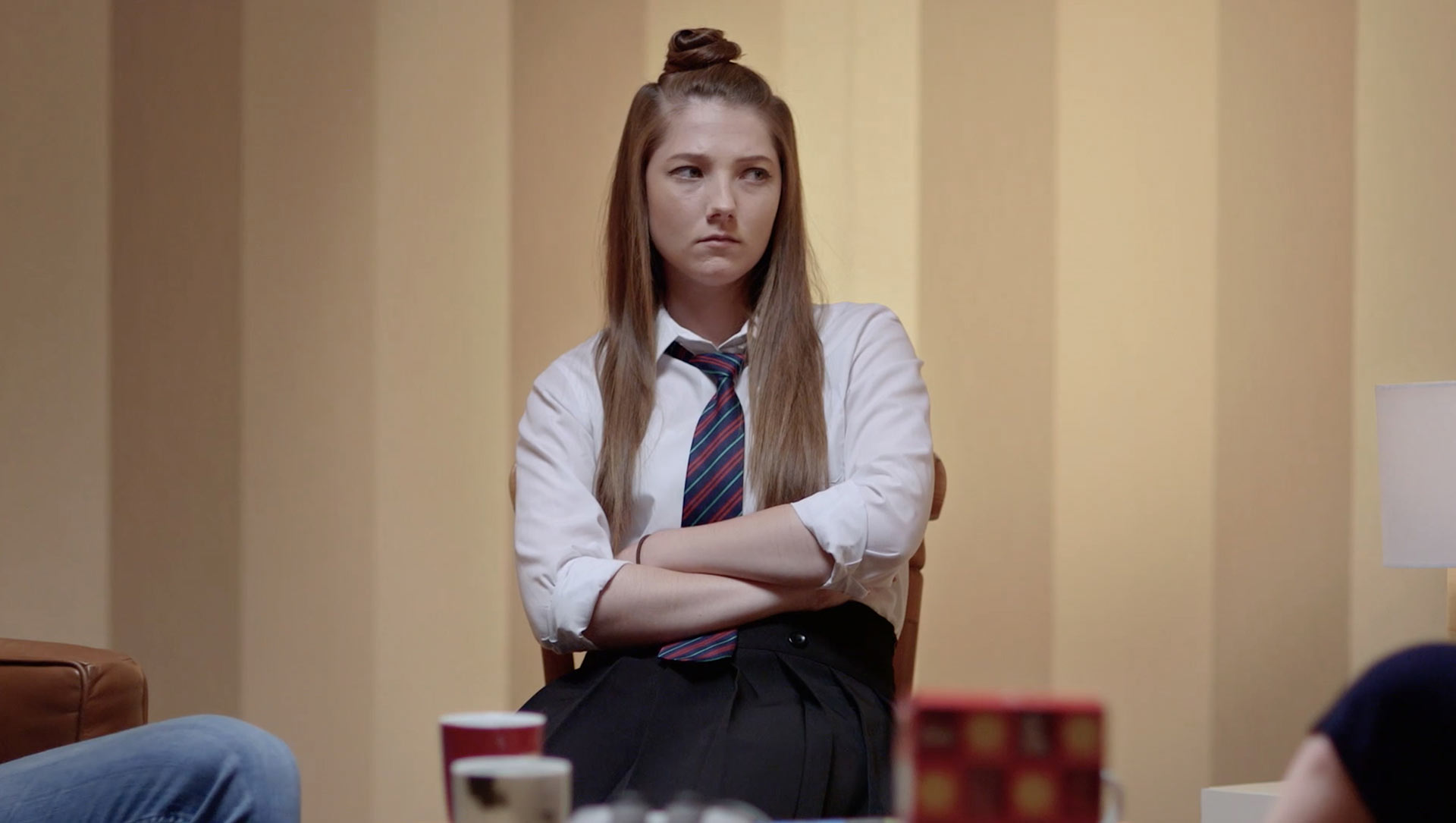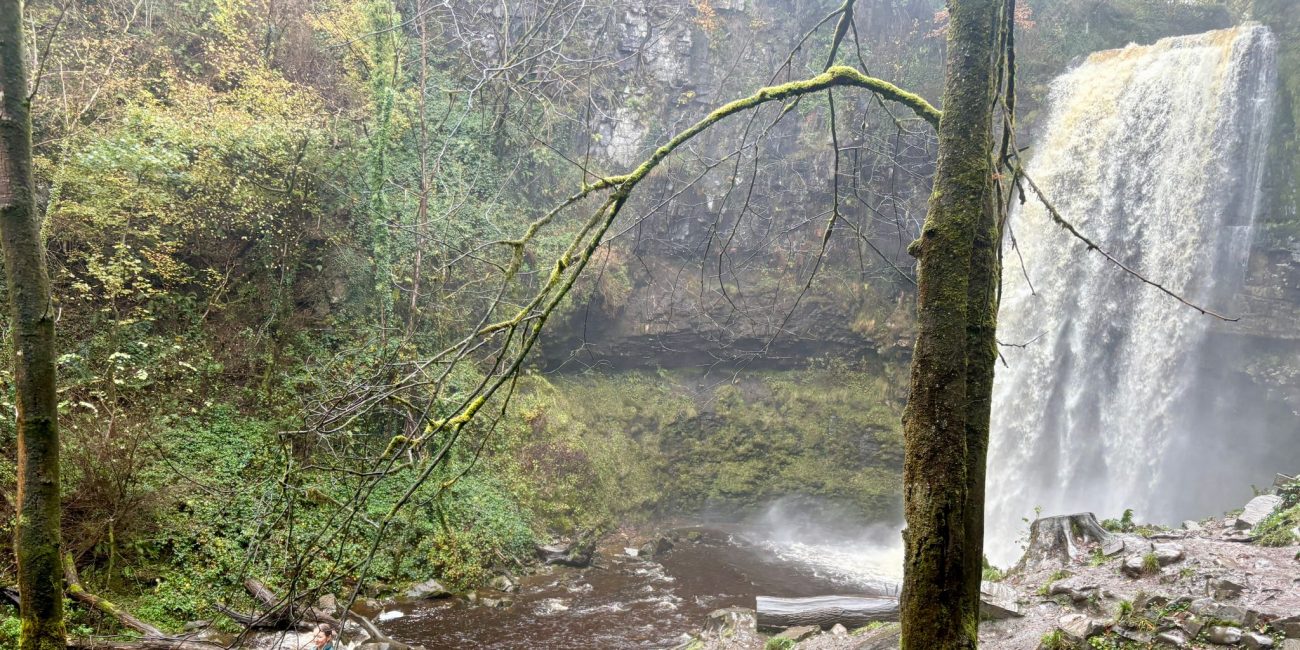In the first of a series of articles introducing the team, we sat down with award-winning scriptwriter Charles Lambert to find out what he does all day.
So Charles, what does a scriptwriter actually do?
People often ask me that question. The scriptwriter plans out the journey of the story in a film and writes out the actual words the characters speak. This could also be the words in a narration, or it could be telling a story by lining up pieces of archive footage, or a combination like in the “Language of Lying” film which was made in collaboration with Dr. Philip Seargeant at The Open University and which has just won the global Medea award.

Are scriptwriters really necessary?
A good scriptwriter carries out their work unnoticed. So, a large amount of time and energy may have gone into the preparation of the words which are being spoken. If the script is working well, you won’t be aware of any of that so it’s easy to be unaware of the scriptwriter’s role. It’s a craft in itself, understanding story and realising the order in which information is disseminated in order to ensure the viewer’s attention is hooked. So for the final version to be really polished and engaging, yes they are essential.
How does the job of a scriptwriter vary when working on educational films?
A good example would be the archive film “History of Cotton” for The Open University’s Economics course. Obviously, it takes the learner through the history of cotton over three hundred years through the industrial revolution up to today. But where it’s different is that the film needs to hit the learning points for the course, making economics students think about the effects of changes from the global markets along the way.

How does the scriptwriter sit within the team?
The scriptwriter works to respond to the director’s vision of the film. Also with the researcher, and the editor to ensure the story and educational content are delivered in the final product.
Does the scriptwriter collaborate with the academic in educational film production?
Yes, one hundred per cent, it’s a strong and interesting collaboration. This is important because the scriptwriter needs to fully take on board 1) obviously what the academic is teaching (the learning outcomes the script needs to hit), but also 2) many other considerations the academic may have, such as where the film sits in relation to their course, or different types of viewers (eg. different ages, cultures, etc) which all need to be considered so the films can perform effectively for the different uses, or audiences, the academic need to satisfy.
For example, on the animation films explaining three different models of education for The Open University’s Education Course, I worked closely with Clare Lee, the academic, on ensuring we got the animation right. At the same time, Clare and I, both worked together with the animator, Kris Kruppa, ensuring his picture highlighted important learning points and interplayed with the story. It was a three-way collaboration which worked very well.

The Human Capital Model of Education
How is scriptwriting useful in what you do within Hamlett Films?
I use it in all content, as well as social media. Every situation in which a story needs to be told, a scriptwriter can help deliver a clearer and more engaging journey. So obviously for longer form scripts, but also for example in creating a paper edit for an archive film – the role of the script writer and editor can be very similar. In “A Visit to a Family Home” for a social work course we used a hybrid of script alongside real professionals to ensure accurate and best practices learning outcomes which earned a number of awards for its ground-breaking approach.

As more people post their own content is the role of scriptwriter becoming redundant?
There is a sea of uninteresting content out there, so quite the reverse. If you want content to stand out, it needs more thought and needs to be scripted.
Do you see the role of the scriptwriter changing?
No. The rules of story remain the same. But what is changing are the tools at our disposal. As audiences become indifferent through increased exposure, it’s our job to re-invent constantly the way the stories are presented to maximise engagement across many platforms. Similarly, with educational films, as the audience becomes more demanding, we have to stay on top of the way we present the learning outcomes.



